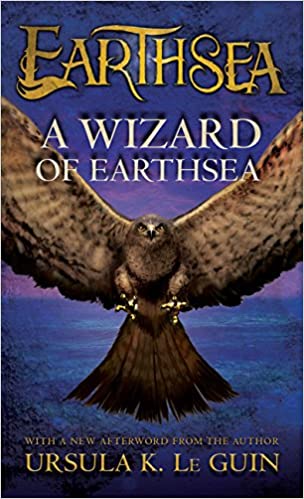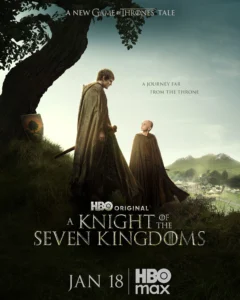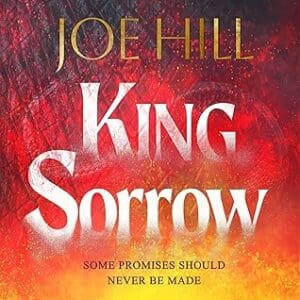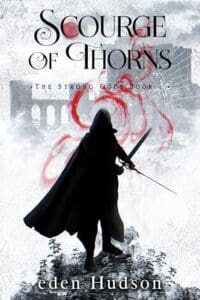Rating: 10/10
Synopsis
Ged, the greatest sorcerer in all Earthsea, was called Sparrowhawk in his reckless youth.
Hungry for power and knowledge, Sparrowhawk tampered with long-held secrets and loosed a terrible shadow upon the world. This is the tale of his testing, how he mastered the mighty words of power, tamed an ancient dragon, and crossed death’s threshold to restore the balance.
Review
Refreshing for a first-time read, nostalgic for long-time fantasy fans, A Wizard of Earthsea is no less than a brilliantly-written cornerstone of the genre.
I’ve been on a bit of a reading slump for the past year, due to the pandemic and other things. I couldn’t quite bring myself to dive into any of the gritty, grim, dark stories that are the current flavor of most fantasy books, even though these stories are usually some of my favorites to read. The world has been grim enough, and I’d had quite enough of that.
I saw a review for an Ursula Le Guin book on Twitter – I can’t remember the name, but the reviewer showed so much enthusiasm for Le Guin’s story that it really struck me: maybe I should give A Wizard of Earthsea a shot. I’m not much for older fantasy, really. The distant third-person perspective and old stories about farm boys growing up to be wizards never held much interest for me. I had thought those stories were played out and only belonged in the “60’s Fantasy” sections of 2nd & Charles, pages yellow and older than I am. How could these dated, predictable stories hold any sway over me?
I was wrong. Ursula Le Guin’s writing is genius. There is so much about A Wizard of Earthsea that is absolutely timeless, relentlessly-good storytelling. The world of Earthsea is deep and vast, though you only scratch the surface following Ged’s adventures. The magic of Earthsea is as natural as the wind and the water, and though it is a powerful force it exists in balance with nature. Much responsibility is placed on Wizards and Witches who can command this magic and hold the balance of power. Ged, who is young, must learn this responsibility and his place in the world, or suffer the dangerous consequences.
Le Guin writes from a third-person perspective, very different than third-person limited or even first-person stories in much of modern fantasy. Le Guin’s writing translates perfectly from verbal storytelling. Much of A Wizard of Earthsea sounds like it could have been read aloud around a fire, narrator pulling back from the character to discuss a particular type of sailor, or to define certain types of magic as Ged encounters them. In audiobook form especially, the story translates perfectly to being read aloud. It makes for an immersive read, even though it’s not written from a close perspective.
If you need a refreshing, classic read that might just surprise you, look no further than A Wizard of Earthsea by the brilliant Ursula Le Guin.





I need to start this series.